Artisan small batch, limited supply when it is gone its final.
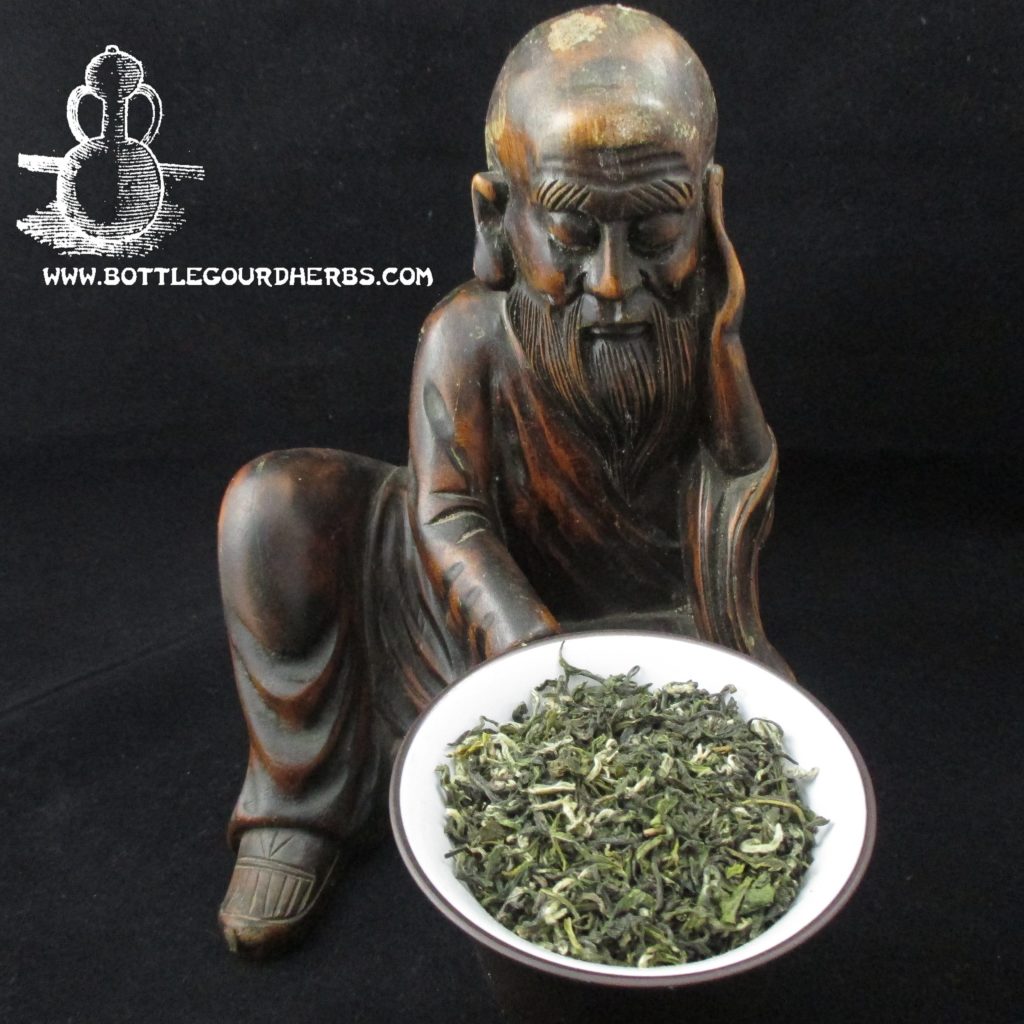
This is one of the last truly pristine tea mountains from record in ancient China, dedicated to the Buddhist Goddess and Bodhisattva Samantabhadra of the Emei Mountain. This is a fresh spring, organic old tree green tea. This is the type of tea the true literati and scholars would sip to greet the change from spring to summer. It has all of the flavour and texture of spring with the beginning of the summer astringency giving it a depth and stimulation to the palate. This is a drink of poetry, a liquid respite for those in meditation as well as the toil of the scholar gentleman farmers of old. This would be the tea of the refined hermit, who would chop wood and carry water in the brush, fasting on mushrooms and dried herbs, but with exquisite volumes and teas hidden in his treasures. This is a true Goddess tea, with a truly feminine plant spirit which is the story of legends. The magical origins speak to the sacred essences of these old tea mountains. This is a famous tea with quite a few grades of quality. We only stock what we drink ourselves in limited qualities. We try the samples and lay into what we drink in our study for the deepest alchemical and historical research while the elixirs sublimate and distill in our traditional pottery and copper alembics. We drink to your all our good health, abundance and peace as we make our major moves this year to expand our herbalist mission. Your purchases enable us to source the highest quality, small batch artisan herbs, teas and spiritual items. Our guild is in the next phase of our mission, seeking a true herbal laboratory on vast secluded acreage. Then our true work can begin in this land of the Western Buddhas.
It is very common that the bodhisattva of the Mahayana tradition with the name of Samantabhadra is conflated with a Buddha with the same name that appears as the primordial Buddha, in some of the Tibetan traditions. This comes from the fact that both figures have the same name but their meaning within their respective traditions is quite different. It is not the case that the bodhisattva of the Mahayana has evolved or transformed when assimilated into the Tibetan tradition because in that tradition the Bodhisattva Samantabhadra is present and the Dharmakaya Samantabhadra as well as two separate and distinct entities.
In the Tibetan Buddhist tradition, particularly the Nyingma school, Dharmakaya Samantabhadra (not the bodhisattva of the Mahayana) is considered the most primordial Buddha, akin in status to Vajradhara for the Sarma traditions. Samantabhadra appears in the Vajrayana tantric text the Kunjed Gyalpo Tantra, as the Primordial Buddha, the ’embodiment’ (Sanskrit: kaya) or ‘field’ (Sanskrit: kṣetra) of ‘timeless awareness, gnosis’ (Sanskrit: jñāna) awakened since before the very beginning. Therefore, in Tibetan Buddhism the Nyingma, or ‘Old Translation’ school, the Sakya and the Bön schools view Samantabhadra as the Primordial Buddha. In the Nyingma school of Tibetan Buddhist Vajrayana, Samantabhadra is considered a primordial Buddha in indivisible yab-yum union with his consort Samantabhadri. However, the Kagyu and Gelug schools use Vajradhara to represent the Primordial Buddha.
Dzongsar Khyentse Rinpoche following the Nyingmapa Dzogchen tradition qualifies the nature and essence of Samantabhadra, the Primordial Buddha, as the origin-less wellspring of the timeless and unbounded Atiyoga teachings, and honours the converse view entertained by some interested parties which hold that the Dzogchen teachings originated with either the Bonpo tradition or the Chinese monk Moheyan:
Samantabhadra is not subject to limits of time, place, or physical conditions. Samantabhadra is not a colored being with two eyes, etc. Samantabhadra is the unity of awareness and emptiness, the unity of appearances and emptiness, the nature of mind, natural clarity with unceasing compassion – that is Samantabhadra from the very beginning.
‘The Mirror of the Mind of Samantabhadra’ (Tibetan: ཀུན་ཏུ་བཟང་པོ་ཐུགས་ཀྱི་མེ་ལོང, Wylie: kun tu bzang po thugs kyi me long) is one of the Seventeen Tantras of Dzogchen Upadesha
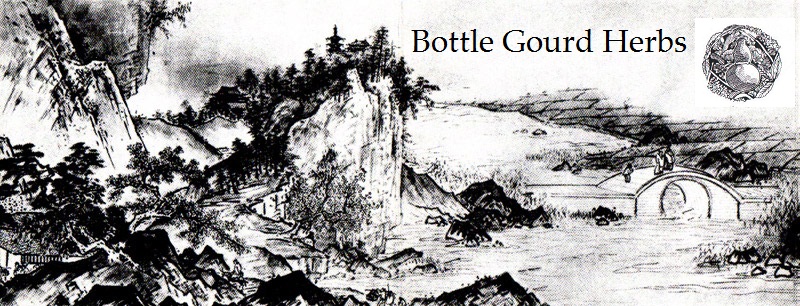

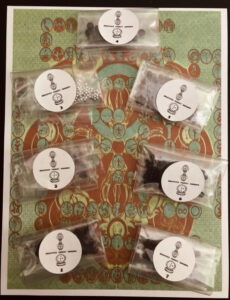
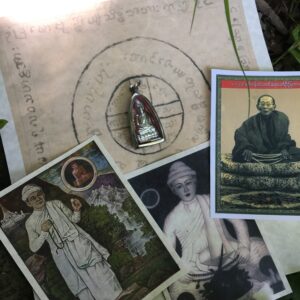
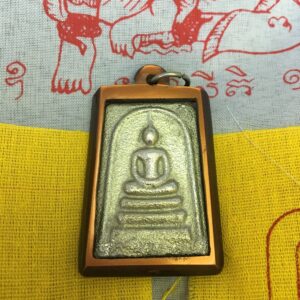
 Adding...
Adding...